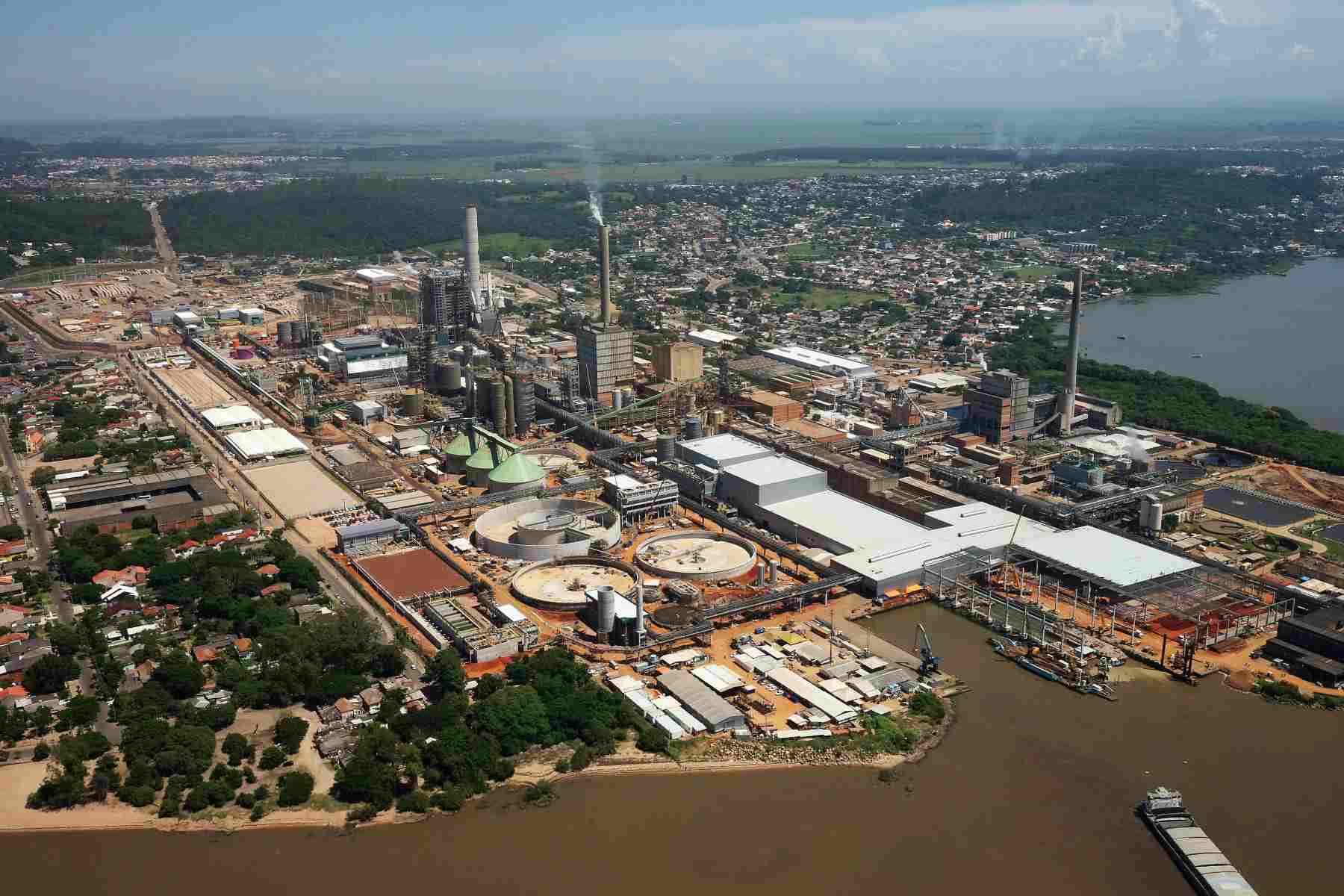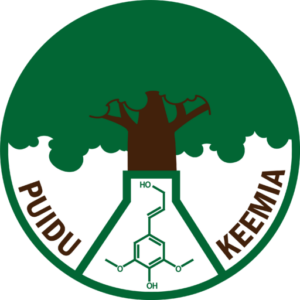The strictest ambient air emission limit values are applied to new factories, and the quantities are strictly regulated in BAT (best possible technique) and in the future complex permit, which must be managed by continuous monitoring. A stably operating bio-products factory does not cause odor disturbances, but this may happen for a short time when the factory is stopped or started. Over the decades, technology has been developed in such a way that planned downtimes should be done as rarely as possible. Planned shutdowns of modern bio-product factories are every 1.5-2 years, with the risk of odor disturbances during the shutdown/start-up phases (3 days).
The most modern sulfate plants do not smell. In the past, the challenge of unpleasant odors has been more dominant in factories using sulphite technology, which is why this technology is used extremely rarely in the EU for new factories (in Scandinavia it is not used at all for new factories). In old wood chemical plants, the challenge is the unpleasant smell from the sulfite and/or sulfate process, which is due to the volatilization of several sulfur compounds in the production process. The most common of these are hydrogen sulfide, methyl mercaptan, dimethyl sulfide, and dimethyl disulfide.
Today, there are technologies in use that allow factories to be built odor-free. To ensure complete elimination of odorous gases, all volatile gases are collected from process equipment, tanks and burned at high temperatures. More about the technical solution and the effect that can be achieved: https://www.valmet.com/globalassets/media/downloads/white-papers/power-and-recovery/odorless_pulp_mill_whitepaper.pdf.


